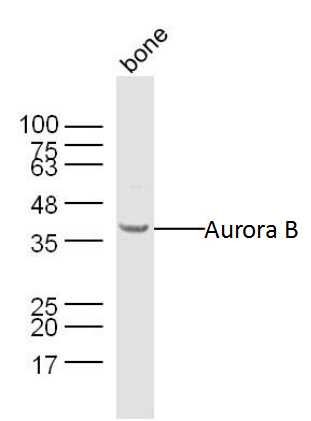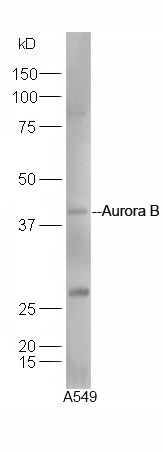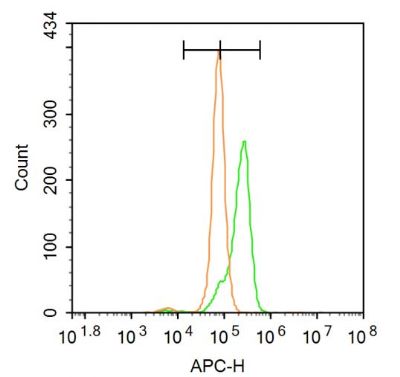Specific References (3) | SL2445R has been referenced in 3 publications.
[IF=6.922] Yiguan Qian. et al. Pan-Cancer Transcriptomic Analysis Identifies PLK1 Crucial for the Tumorigenesis of Clear Cell Renal Cell Carcinoma. J Inflamm Res. 2022; 15: 1099–1116 WB ; Human.
[IF=11.47] Suzuki, Ayumu, et al. "Loss of MAX results in meiotic entry in mouse embryonic and germline stem cells." Nature Communications 7 (2016). IHSLCF ; Mouse.
[IF=13.91] Ye, Buqing, et al. "Cytosolic carboxypeptidase CCP6 is required for megakaryopoiesis by modulating Mad2 polyglutamylation." The Journal of Experimental Medicine (2014): jem-20141123. WB ; Human.


